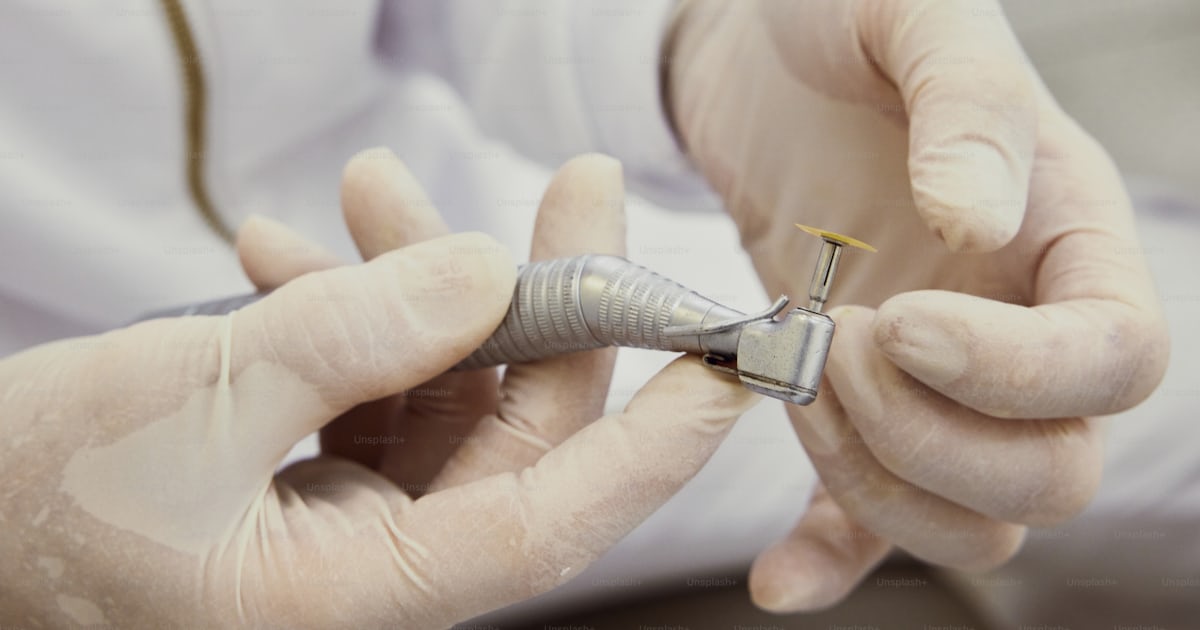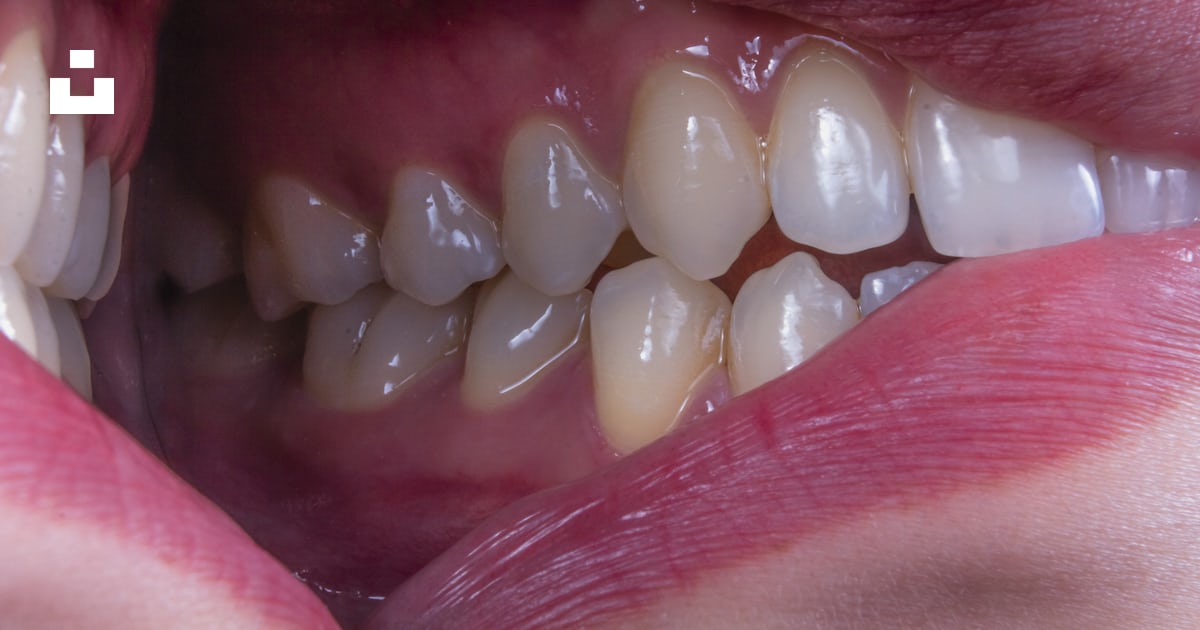Dental Implant Galena OH - General and Restorative Dentistry
Bone density performs a vital role within the success of dental implants. When sufferers want to exchange missing teeth, the underlying bone buildings should be sturdy enough to support the implant. Insufficient bone density can result in issues that will have an result on the overall end result of the surgery and the longevity of the implant.
Dental implants depend on a process called osseointegration. This involves the implant fusing with the surrounding bone to supply stability and assist (Dental Implant Pataskala OH). In circumstances the place the bone density is inadequate, the implant could fail to combine properly. This can outcome in motion, discomfort, and, finally, the necessity for removing.
Several factors affect bone density, together with age, food regimen, life-style, and certain health conditions. For instance, osteoporosis, a condition characterised by weakened bones, significantly impacts bone density and can negatively influence implant success charges. Understanding these contributing elements is important for both practitioners and sufferers in search of dental implant procedures.
Dental Implant Johnstown OH - Dental Implant Services in Ohio
Before undergoing implant surgery, an intensive assessment of bone quality and quantity sometimes happens by way of imaging strategies such as X-rays or CT scans. These tools assist to judge whether or not the existing bone structure is adequate for supporting implants. If the analysis reveals that the bone density is merely too low, varied methods could be employed to deal with the problem.
Bone grafting is among the commonest procedures used to reinforce bone density earlier than dental implant placement. This entails transplanting bone material, which might come from the patient’s own body or a donor, into the world the place bone density is missing. Through this methodology, the brand new bone material integrates with the prevailing bone, creating a stronger basis for the implant.
In some circumstances, sufferers could go for artificial bone grafts or allografts, that are taken from different human sources. The selection between these options typically is dependent upon the patient's overall health, preferences, and the specific requirements of the surgical procedure. Each option has its pros and cons by way of therapeutic time, success charges, and the potential for issues.
Another alternative to enhance bone density is the use of growth factors, which promote the regeneration of bone cells. These organic materials can be administered during the implant procedure to boost therapeutic and integration. Although this method is comparatively newer in comparison with conventional grafting strategies, it holds promise for enhancing implant success in low-density bone areas.
Dental Implant Columbus OH - Dentist near Ohio

Patients must also play an lively function in maintaining their bone density. A balanced food regimen rich in calcium and vitamin D is crucial. Weight-bearing workout routines are inspired as they stimulate bone remodeling and increase overall bone strength. Dental Implant Columbus OH. Lifestyle decisions, similar to quitting smoking and reducing alcohol consumption, can even have a positive impression on bone health.
The age of the affected person can additional complicate the impression of bone density on implant success. Older adults usually face decreased bone density due to natural aging processes. For these patients, thorough assessments are even more essential, because the success of an implant may be influenced considerably by age-related modifications in bone structure.
Dental Implant Sunbury OH - Dental Implant Placement
Moreover, post-operative care has a hand within the long-term success of implants. Proper oral hygiene and regular dental visits are vital in resource sustaining bone health around implants. If the bone surrounding the implant becomes contaminated or inflamed, it could result in implant failure as a end result of peri-implantitis, a condition similar to gum disease.
Complications arising from low bone density don't finish with implant failure. They can also lead to monetary and emotional pressure for sufferers. The prospect of extra surgeries or extended therapeutic occasions could also be daunting. It's important for healthcare providers to maintain patients knowledgeable about these potential risks in the course of the initial consultation.
Dental Implant Granville OH - Dental Services
Although advances in dental technology and methods have improved success rates, bone density remains a key consider achieving lasting outcomes. Personalized therapy plans based mostly on the specific conditions of each affected person can significantly improve the chance of successful implant placement. This tailor-made strategy can present realistic expectations for both the practitioner and the patient, leading to greater satisfaction with the outcome.
Proper schooling about bone health and implant procedures can empower sufferers to make knowledgeable decisions relating to their dental care. Awareness of the impression of factors like bone density on dental implants fosters a proactive perspective toward oral health, encouraging people to hunt professional steering when essential.
In conclusion, understanding the influence of bone density on dental implant success can't be overstated. From pre-operative assessments to post-operative care, every step within the process relies closely on the condition of the underlying bone structure. By addressing points related to bone density via varied strategies like grafting, way of life adjustments, and superior treatments, both practitioners and patients can work collectively to make sure the very best outcomes for dental implant procedures.
Dental Implant Centerburg OH - Dental Services - Ohio
By acknowledging these important aspects, individuals can achieve not only dental restoration but in addition general health enchancment. Continuous research and innovation in this field additional highlight the importance of robust dental care and comprehensive affected person training, paving the way in which for optimum dental implant success.
- Adequate bone density provides important primary stability for dental implants, significantly influencing their preliminary success throughout osseointegration.
- Lower bone density can lead to increased micromovement of the implant, which may hinder correct integration and lead to implant failure.
- Patients with osteoporosis often show decreased bone quality, which necessitates cautious planning and presumably the use of alternative materials or methods for profitable implantation.
- The distribution of bone density across the implant site is critical; areas with uneven density may contribute to compromised load distribution, impacting longevity.
- Bone density assessment through imaging strategies previous to surgery may help in deciding on the appropriate implant dimension and shape, optimizing the prospect of success.
- In cases of insufficient bone density, bone grafts or augmentation procedures may be needed to reinforce the implant website, although they may introduce additional risks.
- The use of surface modifications on implants can enhance osseointegration in areas of low bone density, rising the chance of long-term implant stability.
- Systemic health factors associated with bone density, similar to hormonal imbalances and dietary deficiencies, can immediately affect the therapeutic response post-implantation.
- Continuous monitoring of bone density may be helpful in maintaining implant success, particularly in sufferers in danger for accelerated bone loss over time.
- Comprehensive evaluation of bone density not only aids in surgical planning however also can guide post-operative care strategies to boost patient outcomes.undefinedWhat is bone density, and why is it important for dental implants?
Bone density refers to the quantity and quality of mineral content in bone tissue, which is essential for offering a stable foundation for dental implants. Higher bone density typically results in higher implant stability and longevity - Dental Implant Johnstown OH.
Dental Implant Galena OH - Dental Hygienist near Ohio
How does low bone density affect dental implant success?
Low bone density can compromise the integration of the implant with the jawbone, resulting in a higher failure rate. Insufficient bone might not help the implant adequately, resulting in issues like mobility or even complete loss of the implant.
Dental Implant Columbus OH - Dental Implants
Can bone density be improved earlier than dental implant procedures?
Yes, certain treatments, such as bone grafting or guided bone regeneration, can improve bone density. These procedures can build up the bone structure earlier than placement of the implant, increasing the possibilities of success.
What assessments are accomplished to judge bone density for implants?

Dental professionals usually use imaging techniques like panoramic X-rays, cone beam computed tomography (CBCT), and even bone image source density exams to assess the standard and amount of bone obtainable for implant placement.
Dental Implant Columbus OH - Best Dental Implants near Ohio
How does age have an result on bone density in relation to dental implants?
As people age, bone density can decrease, which can impression the success of dental implants. Older adults could require additional assessments or preparatory procedures to ensure enough bone support before implantation.
Dental Implant Hartford OH - Best Dental Implants near Ohio
What lifestyle factors affect bone density and, consequently, dental implant success?
Factors such as diet, physical activity, smoking, and alcohol consumption can significantly influence bone density. A balanced diet rich in calcium and vitamin D, together with common train, can help keep or improve bone health.
Dental Implant Columbus OH - Dental Implants Ohio
Are there specific medical conditions that may have an effect on bone density and dental implant outcomes?
Yes, conditions such as osteoporosis, diabetes, and certain hormonal imbalances can impact bone density. Patients with these conditions might require extra extensive planning and monitoring to make sure profitable implant integration.
What steps can dentists take to maximise implant success in patients with low bone density?
Dentists can recommend therapies like bone grafting, make the most of specialized implant designs, and consider strategies like sinus lifts to reinforce available bone. Comprehensive planning and personalized therapy are crucial for success.
Dental Implant Galena OH - Dentist near Ohio

What is the long-term outlook for dental implants in sufferers with varying bone densities?
Long-term success of dental implants is usually correlated with bone density. Patients with higher bone density sometimes experience better outcomes, whereas those with low density might have extra interventions or monitoring to take care of implant stability over time.